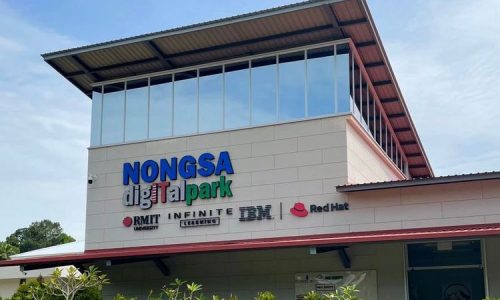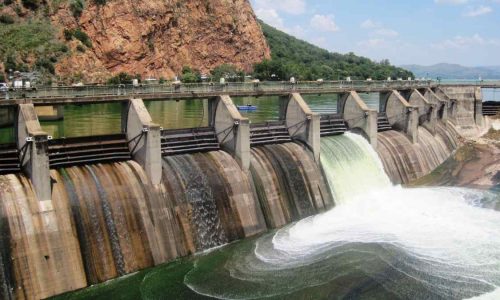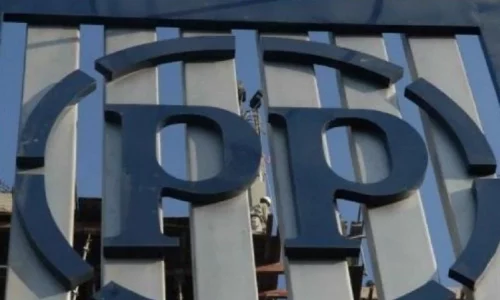The development of the Indonesia bauxite downstream industry has been less encouraging with only four companies having the capacity to process bauxite into alumina.
Irwandy Arif, Energy and Mineral Resources Ministry’s special staffer for the acceleration of mineral and coal management, says so far there are only 4 companies with bauxite processing capability.
“With Well Harvest Winning has two lines of production, people may say that we have 4 refineries,” Irwandy said on Friday, Dec. 29, 2023.
He said there are eight companies that have promised to the goverment to establish bauxite refineries. However, there has been no significant progess in their development of the refineries. “They are very slow,” he added.
President Joko ‘Jokowi’ Widodo’s administration took a decisive step by closing the door on bauxite ore exports starting from June 10, 2023. The main intention of ban on bauxite export is to drive growth of the bauxite processing and refining industry within the country. This move is in line with the provisions of Law No. 3 of 2020 on Mineral and Coal Mining.
Based on data at the Indonesia ‘s Investment Coordinating Board, there are currently five bauxite projects underway in Indonesia that is part of the national strategic projects (PSN). However, not all smelter projects are part of the PSN. Two alumina refineries have been operating: PT Well Harvest Winning (Smelter Grade Alumina Products) and PT Indonesia Chemical Alumina (Chemical Grade Alumina Products). The total investment of the bauxite refineries project is Rp 73.3 trillion (about US$ 4.8 billion)
The five bauxite projects:
- PT Borneo Alumina Indonesia in Mempawah
- PT Kalbar Bumi Perkasa in Sanggau
- PT Dinamika Sejahtera Mandiri in Sanggau
- PT Laman Mining in Ketapang
- PT Well Harvest Winning Alumina Refinery (Expansion)
However,Irwandy admitted there are several obstacles in the development of bauxite downstream industry, including the availability of funding and energy and land clearing. Energy is the main issue because Indonesia is in the phase of energy transision that will replace all fosil fuel power plants, including coal, into renewable enegry. For bauxite refinery company, the most affordable source of energy is hydro power plant and gas fired power plant.
Government’s endorsement
Irwandy said the government plans to improve the bauxite downstream industry not only from bauxite to alumina but also the process from alumina to aluminium.
Indonesia, he added, needs 1 million tons of aluminium per year. Currently, state owned compant PT Inalum can produce only 250,000 tons of aluminium per year.The government has encouraged Inalum to add its production capacity for another 250,000 tons. In the near future, a group of companies plan to develop a 500,000-ton aluminium smelter.
Nurul Ichwan, Deputy Chairman for Investment Planning at the Indonesia Investment Coordinating Board said the bauxites will be processed into aluminium and can be used by any industries, with the market is in Indonesia. It is the reason why the government is optimistic about the bauxites, among others because aluminium is more environmental friendly in comparison with plastic.
“If we see in the United Arab Emirates, people there never use plastic as packaging for food. They use more clean aluminium with high quality and degradability. It is difficult for plastic to be degraded.” Ichwan said.
He added that it showed that there is growing awareness of the market on greener earth, environmentally friendly technology and raw materials.
Indonesia, which has significant bauxite reserves, can be part of the global ecosystem and global supply chain for aluminum products, such as food packaging and alloying of machineries and car’s bodies.









